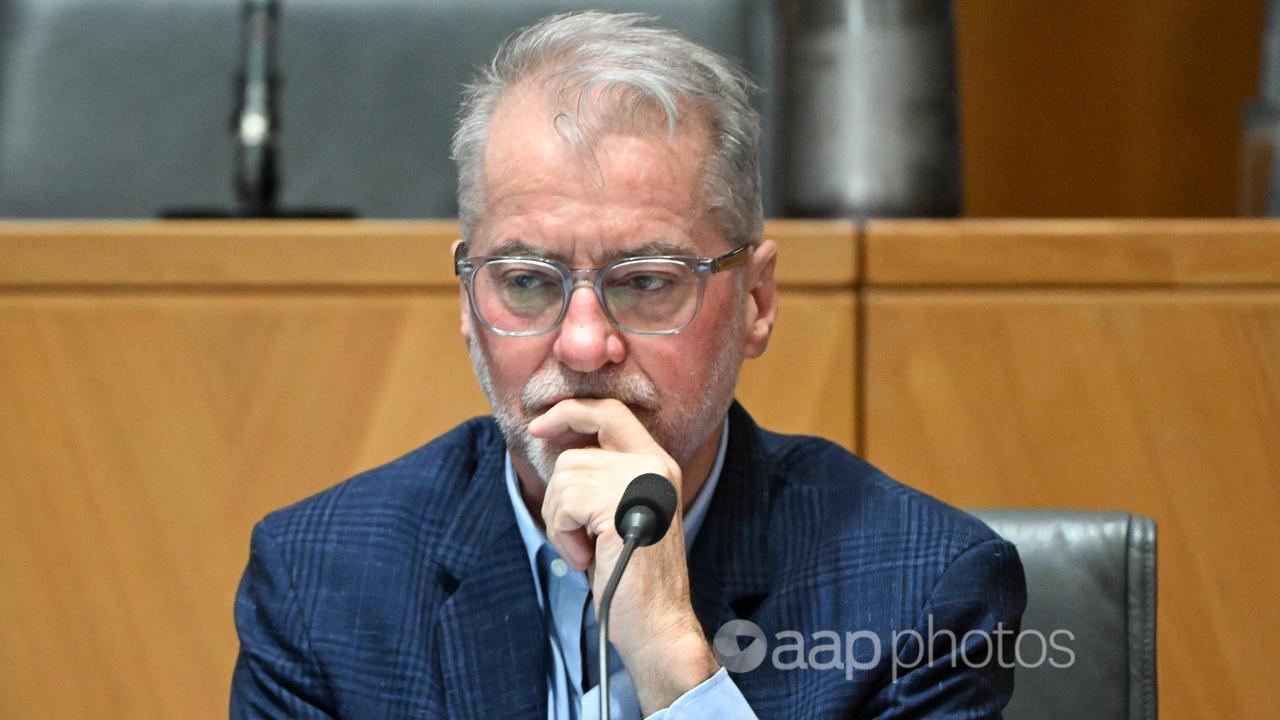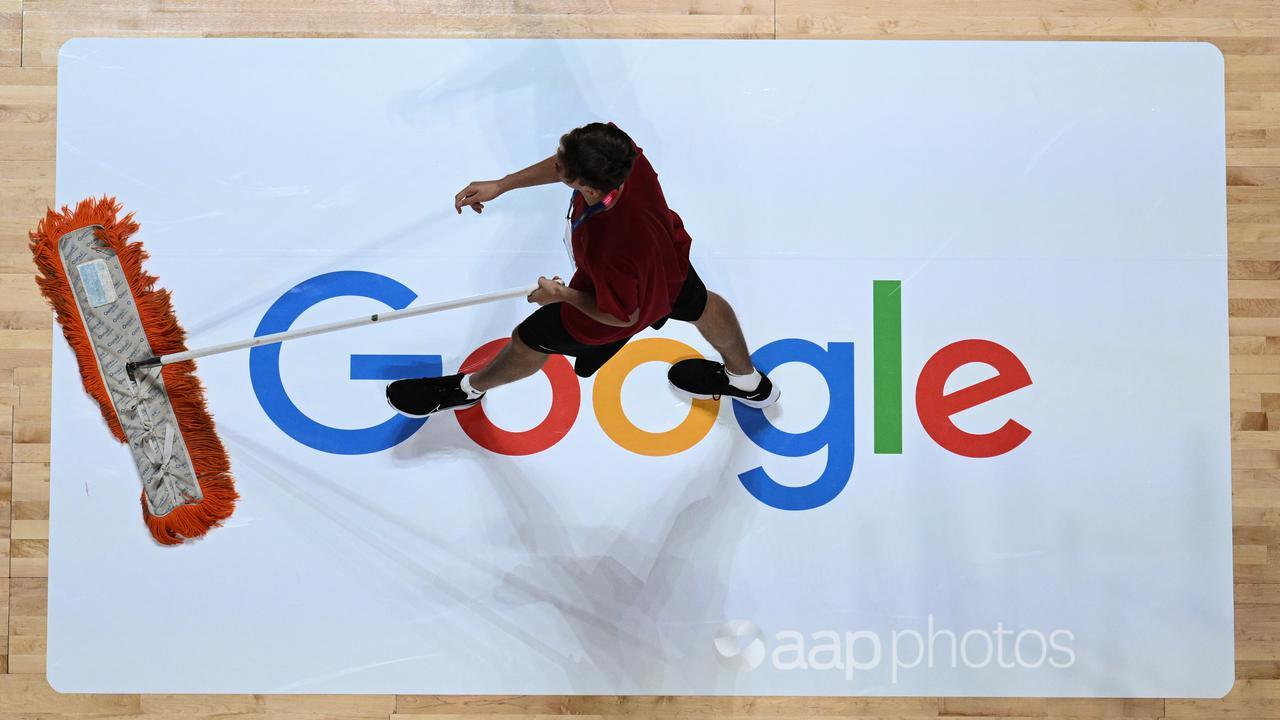Tech giant Amazon is testing whether it can replace voice actors with AI-generated narrators in audiobooks to keep pace with technology and publisher demands.
The controversial use of artificial intelligence was revealed at the fifth public hearing of the Senate’s Adopting Artificial Intelligence inquiry on Friday.
It also heard Amazon and Google would like to see Australian copyright laws relaxed so more content could be used to train software tools.
But the tech firms and other companies will soon face local AI guidelines, according to department officials, who revealed voluntary standards were imminent.

Amazon’s comments on digital narrators come weeks after two unions told the inquiry that voice actors were being forced to sign onerous contracts allowing the future use of their voices, and one local actor had his voice cloned and used without his knowledge.
Amazon Australia public policy head Matt Levey told senators that rules for the creation and use of AI voices were not yet clear and Audible had experimented with the technology.
“This is not a well-established area of technology,” he said.
“It’s something they’re exploring.
“There are emerging issues around the use of text-to-voice technology and I think Audible is attempting to navigate those in a thoughtful way, including talking to the narrator community about those issues.”
Mr Levey said digital voices were created with the consent of voice artists and Audible had yet to use the technology with Australian recordings.
“There may be a preference of some publishers and creators to actually reach audiences using text-to-speech technology,” he said.
“It’s a limited project at this stage in a small number of places.”

Inquiry chair Tony Sheldon objected to Mr Levey’s statements, saying Audible contracts provided to the inquiry showed voice actors were given little choice but to allow the wider use of their voices.
“You’ve demanded consent,” Senator Sheldon said.
“I find it reprehensible and it does require governments to act.”
Amazon global AI public policy director Nicole Foster also told senators the federal government should change copyright law to allow software developers to scrape more data from Australian sources to ensure the nation was accurately represented.
“Some jurisdictions have actually specific exemptions for text and data mining,” Ms Foster said.
Copyright law changes were also raised by Google Australia government affairs and public policy director Lucinda Longcroft, who told the inquiry Google’s AI tools were trained using publicly accessible, copyright-protected data.
She said training tools without access to this information would mean they were incomplete and lacked modern knowledge.
“If we were to exclude works that are still under copyright … it is predictable that the models would then show bias or have gaps or ignorance,” Ms Longcroft said.

Officials from the federal Department of Industry, Science and Resources said working groups had considered reforms to existing laws to govern AI and were developing mandatory rules for its deployment.
Science and technology group deputy secretary Helen Wilson said a permanent AI expert group would be appointed with a wide scope, and businesses could expect to see voluntary AI rules issued soon.
“The government has been really clear: it is going to regulate the use application of AI in high-risk settings,” she said.
“The aim of the voluntary standard, which will come out soon, is to say to organisations big and small these are the sorts of things we’re expecting you to put in place now in order to help them get ready for legislation.”
The AI inquiry, appointed in March, is tasked with examining AI trends, errors, bias and opportunities, as well as its impact on elections and the environment.
The parliamentary committee is expected to release its findings in September.




















